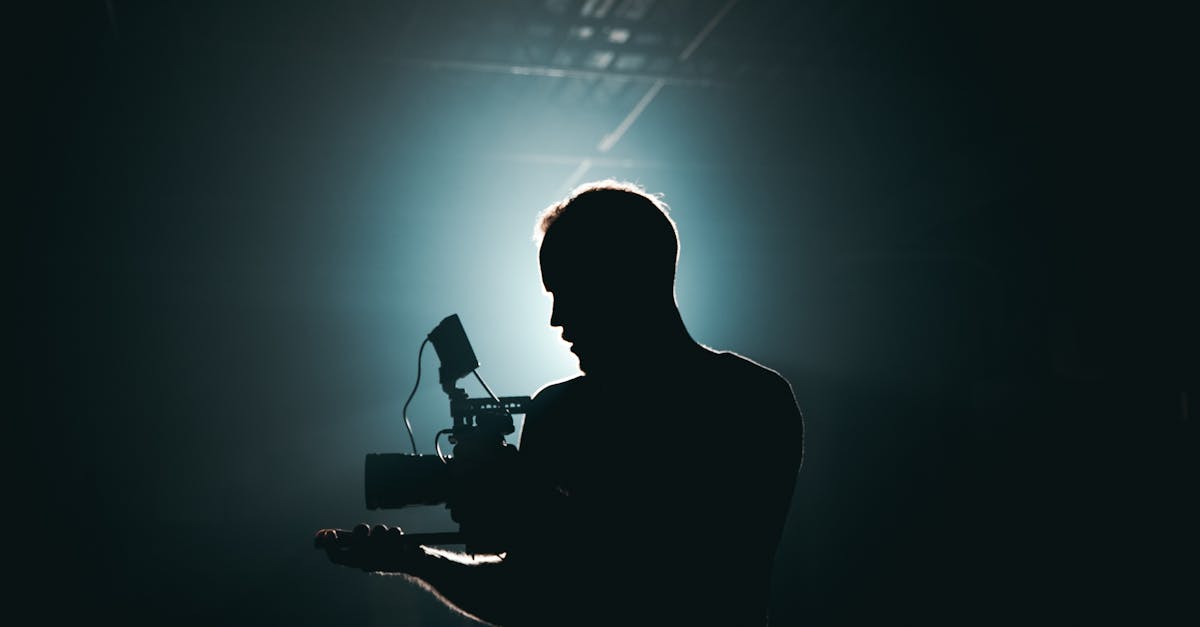
When embarking on a video project, one of the crucial decisions you'll face is selecting the right professional to bring your vision to life. You may have heard terms like “videographer,” “Director of Photography (DP),” and “cinematographer” thrown around. While many people use these titles interchangeably, they represent distinct roles and responsibilities in the world of video production. In this blog post, we will delve into the key differences between a videographer and a Director of Photography, and help you determine which professional is best suited for your specific needs.
At first glance, the term “Director of Photography” (often abbreviated as DP or DoP) may seem unnecessarily complex compared to “videographer.” However, it’s important to recognize the depth and expertise involved in this role. The Director of Photography is primarily responsible for the visual aspects of a film or video project, managing everything from lighting to camera angles to color grading. The title emphasizes a focus on artistic and technical elements, creating a specific look and feel that supports the story being told.
You might wonder why it wouldn’t simply be called “Director of Videography.” The distinction lies in the artistic responsibilities inherent in the role. The Director of Photography collaborates closely with the director to craft the visual narrative, ensuring the cinematography aligns with the project's aesthetic goals.
While both roles involve the operation of camera equipment, the level of expertise and the scope of responsibility significantly differ between a videographer and a Director of Photography.
Videographer: A videographer typically works on smaller projects such as weddings, corporate events, or promotional videos. They may wear multiple hats, handling everything from shooting and editing to lighting and sound. The primary aim is to capture events as they unfold, often prioritizing efficiency and adaptability. Videographers usually work alone or in small teams and may rely on simpler equipment and techniques to deliver high-quality footage.
Director of Photography: In contrast, a Director of Photography works on larger-scale productions, whether it’s for a feature film, commercial, or television show. A DP is deeply involved in the pre-production phase, collaborating with the director and other crew members to develop a cohesive visual style and elaborate shooting plans. They oversee the cinematographic crew, including camera operators and lighting technicians, ensuring that every shot aligns with the project’s artistic vision. The role demands a strong understanding of advanced cinematographic techniques, camera systems, lighting setups, and post-production processes.
To further clarify the distinctions, it’s essential to explore the relationship between a cinematographer, a director, and a videographer.
Cinematographer: Often used synonymously with Director of Photography, a cinematographer specializes in creating the visual look of a film. This role goes beyond physical camera operation; it requires artistic vision, technical knowledge, and an understanding of storytelling through images. A cinematographer will work closely with the director, interpreting their vision and translating it into visual language.
Director: The director is the primary creative force behind a film or video. They oversee the entire project, guiding the cast and crew to achieve the desired narrative and emotional impact. While the director sets the creative vision, the DP or cinematographer brings that vision to life visually.
Videographer: As discussed earlier, a videographer may serve multiple roles in small-scale productions, primarily focusing on capturing events and making quick decisions. They may not necessarily have formal training in cinematography or the depth of experience that a DP typically possesses.
Deciding whether to hire a videographer or a Director of Photography hinges on the project's scope, budget, and creative aspirations.
For a small event like a wedding or a corporate function where you need someone to capture moments as they happen, a videographer is often sufficient. They can provide a polished final product without the intensive planning involved in larger projects.
For larger projects, such as short films, advertisements, or music videos that require a specific visual style, a Director of Photography is essential. Their expertise in lighting, camera techniques, and visual storytelling will elevate the overall production quality.
Understanding the differences between a videographer and a Director of Photography is key to making the right choice for your video project. Whether you need someone to capture raw moments or collaborate on creating a cinematic masterpiece, recognizing the specific strengths and capabilities of these professionals will pave the way for a successful project. So consider your needs, budget, and vision carefully before deciding which professional best fits your next video undertaking.